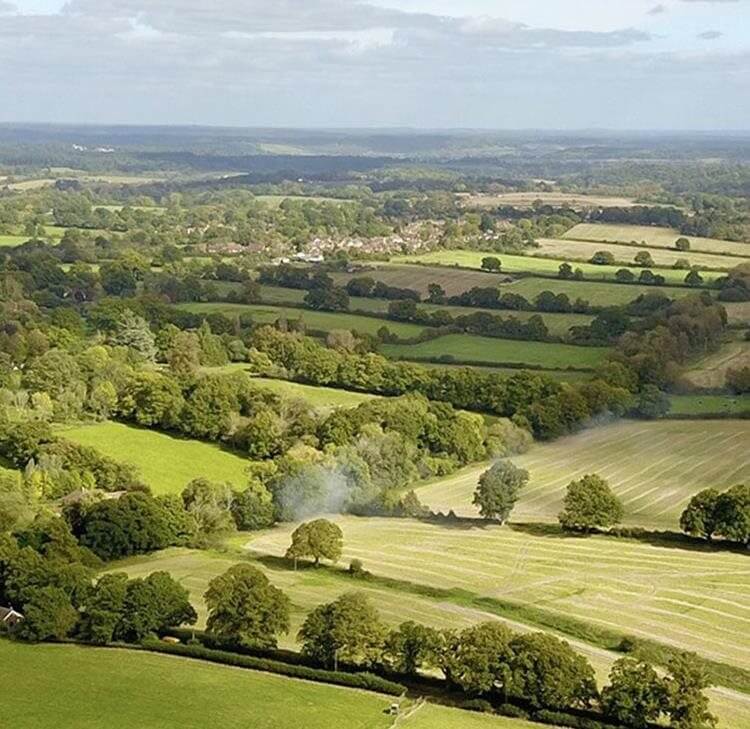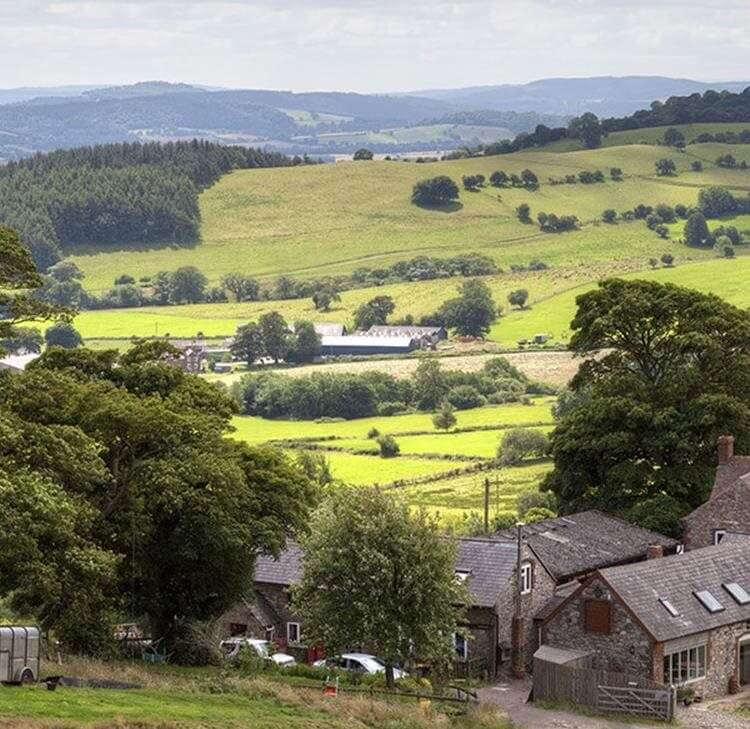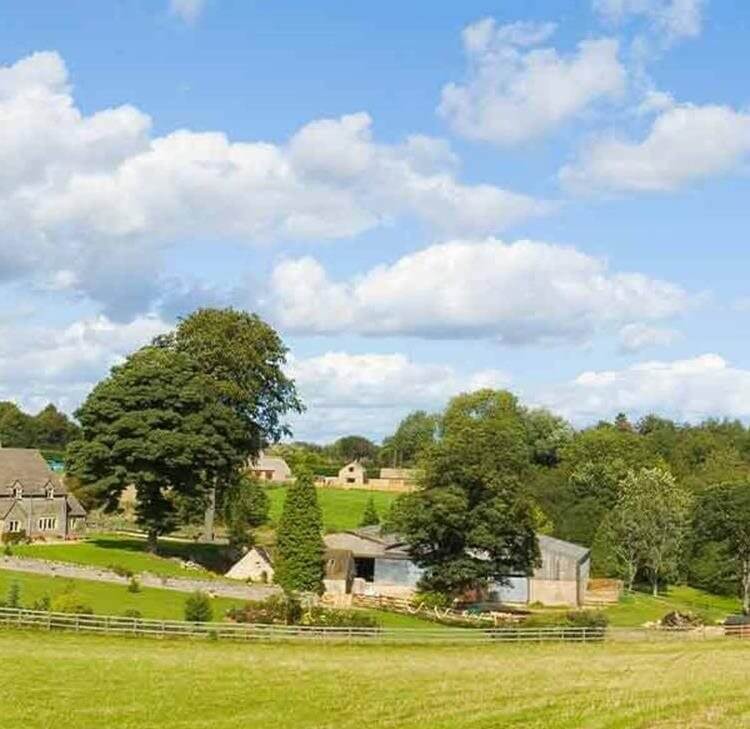
Estates and rural services
We’re trusted estates and rural law advisors to a number of family and charitable estates, with relationships spanning decades; handling all of their property transactions, registration of estates with the Land Registry, wills and inheritance planning, and increasingly commercial work as estates seek new ways to diversify beyond just farming.
What we do
- A full range of services to agricultural, rural and estate clients – property, tax, charities, private client, litigation and commercial services. Significant increases in land values combined with the increasing diversification of enterprises carried on by estates has put the spotlight on ensuring they maximise eligibility for business property and agricultural property reliefs for inheritance tax purposes. We have initiated reviews of agricultural estates to optimise tax efficiency. Our sector focus allows us to draw on a range of services to cover all implications including tax, commercial, employment and property considerations.
- Involvement in high-value land transactions – our team handle large scale national agricultural and rural land sale and purchase transactions.
- Significant experience in trusts, companies and partnerships.
- Large and complex estates - our sector specialists, including two accountants, are well placed to handle the complex administration of large estates, with business and tax implications.
- Member of the Country Landowners Association and Agricultural Law Association - attending meetings and being involved in discussions on issues relevant to our sector and clients.
- Given our sector focus, we understand our clients’ wider objectives - underpinning our ongoing advice on tax structures, acting on development and refinancing projects and commercial arrangements in order to improve income for the estate.
- A national team of sector-focused lawyers - working together across our property, private client, commercial corporate, employment, construction, insurance, fraud, insolvency, data, regulatory and property litigation service specialisms, we offer the full service in landed estates and rural work.
"Browne Jacobson's work at the outset is precise, on scope and always appreciated. They are always willing to have a discussion in order to progress matters."
Featured experience
Various commercial arrangements
We act as trusted advisor for the trust and company entities and individuals that form part of a large landed estate, on a broad range of commercial arrangements, including:
- Location agreements for films.
- Concert venue agreements with promoters for performances by artists such as Il Divo and Tom Jones.
- The estate’s agenda to drive commercial value from and including advising on entertainment and alcohol licensing, health and safety laws and catering contracts with both caterers and consumers
- The redevelopment of building for retail outlets which included drafting commercial contracts required for the sale and purchase of goods and services.
Family partnership
We created a family partnership for a farming family (£100M+) and transferred land with development potential into trust to help protect the value for the family and maximise tax reliefs. We also advised this family about a land pooling agreement.
Landed estates
We have advised a landed estate client (£200M+) for several generations involving the creation of various family trusts to own much of the land and advice about estate planning for example, the gift and leaseback of chattels and reversionary lease planning in relation to the manor house.
Diversification scheme
We acted for a longstanding estate client, on a diversification scheme for the landed estate that involved converting derelict buildings on the estate into a retail village for commercial lettings.
We were instructed to assist with the set up and structure of the site and lettings, including infrastructure, construction and commercial lettings. We have been instructed to deal with the site set up and commercial lettings of an extension to the development.
Related expertise
Key contacts

Richard Barlow
Partner

Lucy Worwood
Partner

Imogen Holmes
Partner

Robert Wofinden
Partner

Iain Blatherwick
Partner
You may be interested in...
Legal Update
Telecommunication operator sharing rights: Changes for landowners
Legal Update
Draft Finance Bill 2025-26: Pension changes
Legal Update
Draft Finance Bill 2025-26: Inheritance tax provisions
Legal Update
No contest clauses in wills: How they affect Inheritance Act claims
Legal Update
Costs in executor disputes: Recent judicial insights and principles
Guide
Understanding your rights and responsibilities as an executor of a will
Legal Update
Overview of the Law Commission's recommendations for will reform
Opinion
The Supreme Court provides welcome clarification on a problematic area of the law on adverse possession
Press Release - Firm news
Browne Jacobson adds bench strength to private client team
Published Article
Family trust disputes: When is a child not a child?
Guide
Challenging a will: What you need to know
Guide
Inheritance (Provision for Family and Dependants) Act 1975: Common questions
Opinion
Good news for landowners with appeal allowed under the Electronic Communications Code at the Upper Tribunal
Press Release
Browne Jacobson appoints Scott McKittrick as Partner in growing Private Client team
Legal Update
Veganism and manufacturing: Plant based diets, environmental sustainability and the future of farming sustainability
Opinion
Landowner fined £15,000 after public attacked by cows
Legal Update
Polluters to face unlimited penalties under new legislation
Legal Update
BNG update – BNG and tax implications: Government call for evidence
Legal Update
Biodiversity Net Gain — Government publishes consultation response
Legal Update
The importance of understanding the transitional provisions under the Electronic Communications Code
Legal Update
Biodiversity Net Gain: positive for nature and an opportunity for landowners
Press Release - Firm news
Browne Jacobson's private client team top Chambers High Net Worth Guide rankings again
Browne Jacobson’s private client practice has been ranked as Band One in the 2022 Chambers and Partners High Net Worth Guide for its work in private wealth law.
Legal Update
Conservation covenants: What are they and how will they affect you?
Legal Update
Wynne-Finch and others v Natural Resources Body for Wales [2021] EWCA Civ 1473
Historic exceptions of mines and minerals did not include mudstone, the common rock of the district.
Published Article
Adverse possession and registered land (Dowse v Bradford MBC)
The Land Registration Act 2002 radically changed the law of adverse possession in relation to registered land.
Legal Update
Cornerstone Telecommunications Infrastructure Ltd v Ashloch Ltd and another [2019] UKUT 338 (LC)
The Upper Tribunal (Lands Chamber) could not impose rights under the Electronic Communications Code 2017 where the operator’s expired lease was protected by Part II of the Landlord and Tenant Act 1954.
Legal Update
Real estate quarterly update – July to September 2019
The latest real estate update aimed at in house lawyers (and other professionals) practising in the property / real estate sector.
Legal Update
Stanning v Baldwin and another [2019] EWHC 1350 (Ch)
Issues about prescriptive rights of way and drainage arose on the redevelopment of dominant land.
Opinion
The importance of three magic words: subject to contract
A recent case illustrates the importance of ensuring that all emails discussing the terms of a proposed acquisition are headed ‘subject to contract’.
Legal Update
Property quarterly update – April to June 2019
The latest property quarterly update aimed at in house lawyers (and other professionals) practising in the property / real estate sector.
Legal Update
Windsor-Clive, Earl of Plymouth and others v Rees and another [2019] EWHC 1008 (Ch)
A widely drafted landlord’s reservation of a right of entry was given a narrow interpretation by the court.
Legal Update
Legally binding target for net-zero emissions by 2050
Last month the government’s advisory Committee on Climate Change published a report urging the government to commit to cutting greenhouse gases by 100% by 2050 when compared to 1990 emissions (known as net-zero).
Video
The impact of Brexit on environmental law
Brexit has brought with it a great deal of uncertainty for environmental law.
Legal Update
Thorpe v Frank and another [2019] EWCA Civ 150
Repaving of land was sufficient evidence on its own to establish a claim for adverse possession of that land.
Legal Update
O’Byrne Re Land at Tubney, Manor Farm [2018] UKUT 395 (LC) and Roberts v Parker and another [2019] EWCA Civ 121
A couple of cases on the interpretation of easements create no new law, but illustrate a couple of important points.
Legal Update
Oakley and others v Harper McKay Developments Ltd [2018] EWHC 3405 (Ch)
Failing to assign the copyright in plans on or before completion could have meant that a seller’s notice to complete was invalid.
Legal Update
Taurusbuild Ltd and others v McQue and another [2019] UKUT 81 (LC)
The Upper Tribunal turns conventional wisdom on its head by ruling that an easement could be implied into a mortgage of part under the rule in Wheeldon v Burrows.
On-Demand
State aid and IP in R&D agreements - hear from our panel of experts
As private businesses, public bodies and universities alike strive to gain a competitive advantage, each increasingly look to each other to develop next generation products and services.
Legal Update
A binding legacy for future landowners: Conservation Covenants
The Government has launched a consultation to consider the introduction of 'Conservation Covenants'.






















